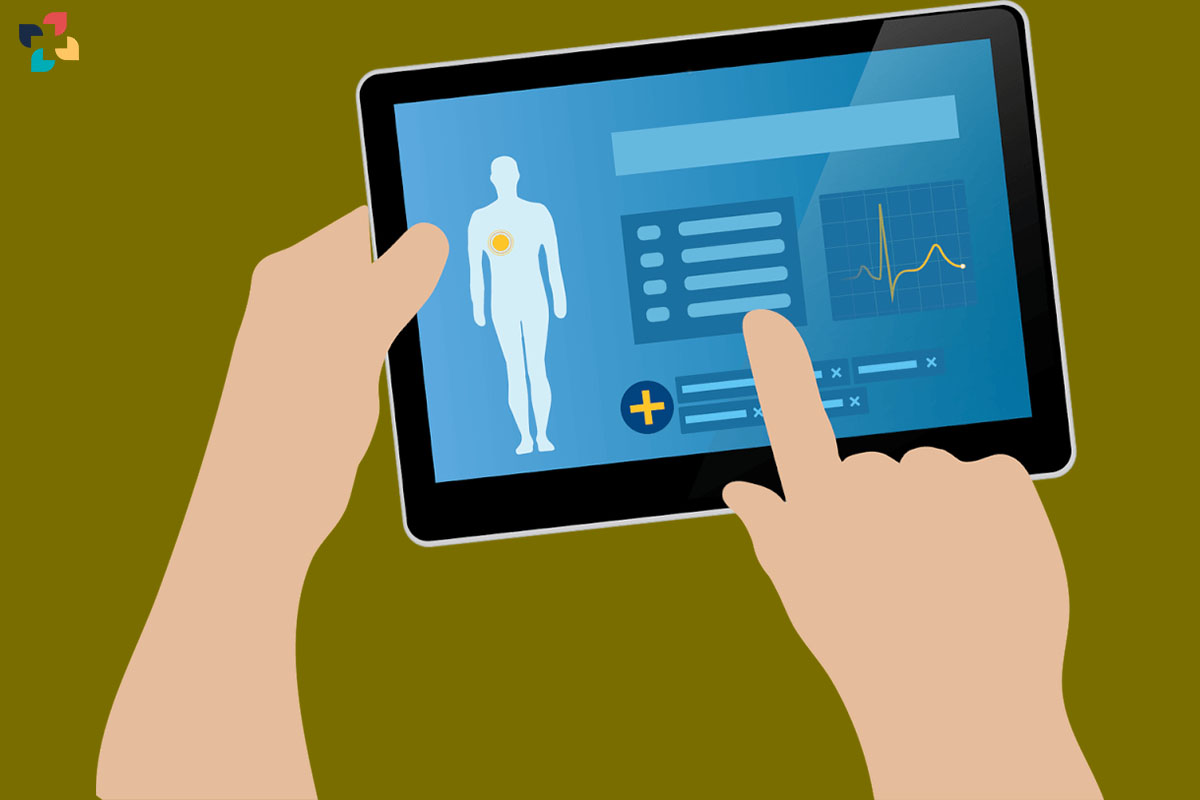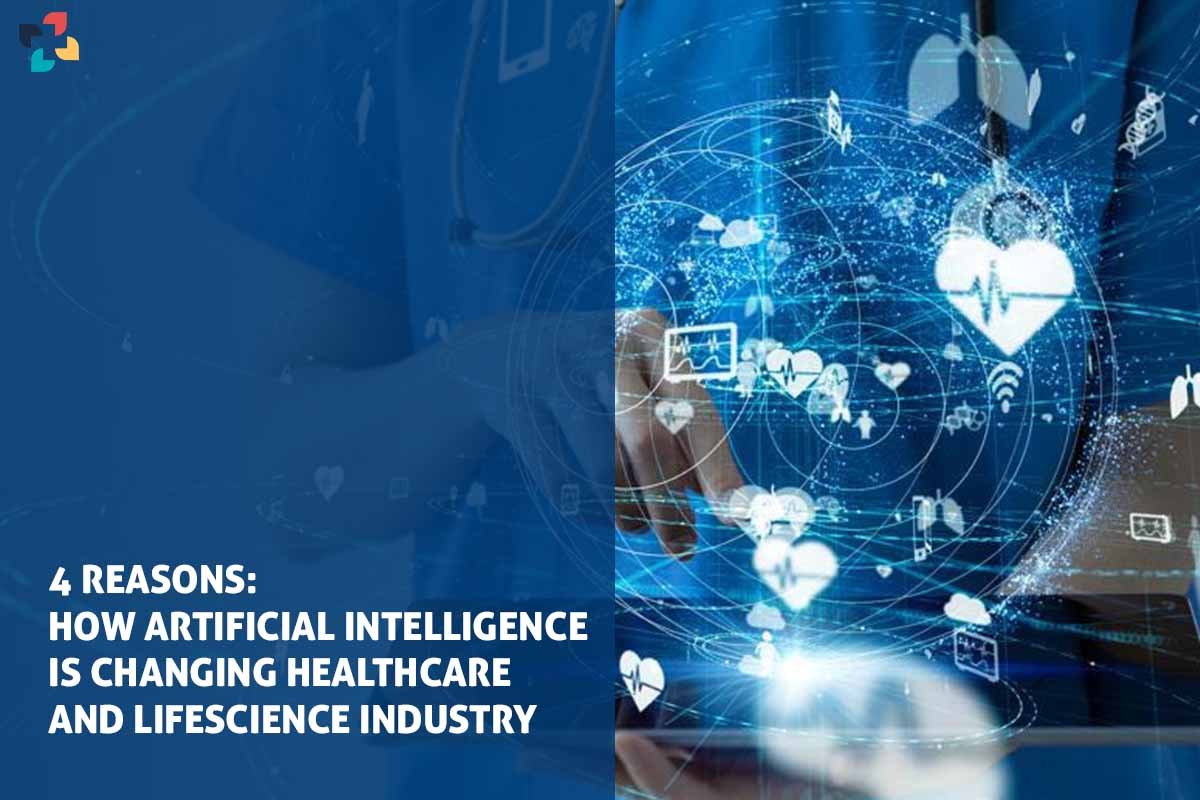Artificial intelligence, AI is changing Lifescience Industry in its most basic definition, a set of interrelated technologies aimed at stimulating human intelligence and performance. It has reached a level of utmost significance, especially in the present-day medical sector. It has caused AI is changing Lifescience Industry in how medical care is delivered to patients.
AI is changing Lifescience Industry and the way people think about illness diagnosis and treatment ever since it was first developed. It’s not just another piece of decision-making software; it’s a genuine development in medicine that’s helping specialists accomplish their jobs better.
The influence of AI extends beyond the administrative side and AI is changing Lifescience Industry to clinical settings and medical diagnostics as well. Artificial intelligence (AI)-powered technologies are bringing about much-needed change in practically all phases of healthcare, from illness diagnosis to treatment planning to patient outcomes. Clinicians are changing their approach to the way they make decisions.
Here are 4 Reasons: How AI is changing Lifescience Industry and Healthcare Industry?
1. Higher Accuracy in Medical Imaging Diagnostics
AI is changing Lifescience Industry and healthcare Industry reports from examinations employing sophisticated machinery, such as X-rays, CT scans, and MRIs, provide a detailed account of the functioning of the inside organs of human bodies. However, this does not necessarily lead to the best accurate diagnosis of the illness that is lurking under the surface.

But now that artificial intelligence has been applied to radiography, the limitations of these very powerful technologies have been remedied. For instance, it is now feasible to differentiate malignant cells from non-cancerous cells with greater accuracy with the use of algorithms based on AI.
Check out the AI-based cancer detectors here in the Guardian piece.
AI is changing Lifescience Industry and Healthcare Industry, more in-depth examination of a patient’s illness may help medical professionals arrive at a more accurate prognosis.
2. Accurate Robotic Assistance for Surgical Procedures That Are Complicated
It’s possible that a person wouldn’t feel comfortable with a robot doing a sophisticated operation on them, but they could feel more at ease with a human surgeon AI is changing Lifescience Industry and Healthcare Industry.

AI is Changing Healthcare and Lifescience Industry Because Using Artificial Intelligence, the knowledge of a surgeon merges with the technological genius of a robot. This has resulted in an increased degree of accuracy and stability throughout the operation, which has ultimately led to improved results for the patient.
When it comes to performing procedures of varying degrees of complexity, the benefits of using AI-based robotic assistance may provide a helping hand. It will offer data on a patient’s health in real-time, which will help lessen the risks associated with surgical procedures.
3. The Ease with Which One Can Receive Assistance from a Medical Virtual Assistant
It is no longer necessary for a nurse to be physically present at all times with a patient for them to get medical care. The use of an Intelligent Virtual Assistant (IVA) or a Medical Virtual Assistant may assist individuals in accomplishing their own health objectives (MVA). Because they include AI, they provide assistance to patients in a manner that is more like that of a genuine assistant.
4. The implementation of digital medical records
The field of AI is Changing Healthcare and Lifescience Industry, there are a number of standard procedures that are always carried out, such as clinical recording and the storage of patient information for any potential future need. They need an excessive amount of time, and there is always the possibility of mistakes being made by humans.

However, everything changed when speech recognition technology and dictation were made available for the creation of electronic health records (EHR). In addition to this, it has made the user interfaces more intuitive and automated the operations that were previously manual. These data become saved in the cloud, and information retrieval is simpler than ever before.
Another consequent advantage is that the health history of a patient may be readily retrieved
Bottom Line
The field of Changing Healthcare and the Lifescience Industry is one that might very well benefit from the use of AI’s transformative powers. However, it must at all times be seen as a kind of technology that just enhances the capabilities of humans, and never as anything that can take their place.
It is here to develop and extend further in a variety of ways, including the diagnosis or detection of a condition, the provision of the necessary therapy, or the improvement of the accuracy of the treatment.
With AI already in place, the world is now in a good position to embrace a transformation that is desperately required in the medical profession.











